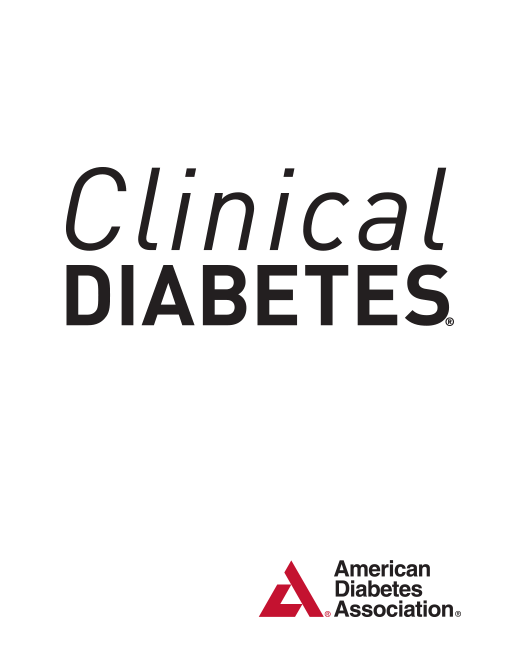The Problem
The most common cause of death and disability in people with diabetes is heart attack, stroke, and their effects.
The Opportunity
Knowing that two-thirds of people with diabetes will succumb to heart disease and stroke can focus our efforts to promote longer and better-quality life. Of course, cancer screening, wearing seat belts, and the like are still important. But for people with diabetes, preventing a heart attack and stroke is where the pay-off is likely to be.
The Goals
Don’t smoke. If you do, quit. If you don’t, do not start.
Take a coated aspirin tablet daily; 75 mg will do.
Have your blood pressure checked regularly. Be especially careful to make sure that the systolic blood pressure (top number) is less than 130.
Have your cholesterol checked every year, preferably after not eating overnight. Be especially careful to make sure your LDL (bad cholesterol) is less than 100. You would also like your HDL (good cholesterol) to be over 40 for men (50 for women) and your triglycerides (blood fat) under 150.
Keep your blood sugar under control.
What Kind of Diet Would Help?
Follow a diet that is low in saturated fats (high-fat meats and dairy products) and trans-fats (found in commercially baked goods with “hydrogenated” or “partially hydrogenated” in the ingredients list). Eat lots of raw, steamed, grilled, baked, or broiled vegetables (at least 5 servings a day, ten is better). High-carbohydrate foods (such as fruit, beans, and whole grain products) and those high in protein (such as lean meats, low-fat dairy products, and beans) should be eaten in modest portions (the size of a deck of playing cards) at most meals.
See a dietitian to get yourself on the right track. Follow up at least once a year to make sure that you stay there.
Is Exercise Important?
Absolutely. You should get at least 30 minutes of brisk exercise most days of the week. See your doctor or nurse first to be sure you know how to exercise safely without risk to your heart, eyes, feet, or kidneys. You may need to check your blood sugar more frequently when you exercise, particularly if you are treated with insulin.
What’s the Big News From Research Studies?
The Heart Protection Study treated almost 6,000 patients with diabetes who were over the age of 40 and had total cholesterol over 130. Those treated with a type of drug called a “statin” had a 25% lower risk of heart attack and stroke even if they had pretty normal LDL cholesterol (near 100) and no known heart disease. Most importantly, the patients on the statin drugs had no more side effects than those treated with a placebo (dummy pill). Both groups had occasional aches and pains, headaches, belly complaints—the stuff we all feel from time to time.
What Should You Do?
Talk to your doctor or nurse. If you are over 40 and not on a statin, you probably should be. These drugs include atorvastatin (Lipitor), fluvastatin (Lescol), lovastatin (Mevacor, Altocor, and generic versions), pravastatin (Pravachol), and simvastatin (Zocor). When you get your prescription, go over it with your pharmacist because some other medicines do not mix well with statins. The pay-off could be huge for you and your family—avoiding a heart attack or stroke.
Don’t let yourself get scared off by the stuff that you may read or hear about statins causing side effects. Listen to your body and talk over what you feel with your doctor. If you do develop side effects that cause you to stop taking statins, remember there are alternatives. Though your cholesterol does not make you feel bad, it is a silent killer that you have to keep under control.
Permission is granted to reproduce this material for nonprofit educational purposes. Written permission is required for all other purposes. 10/03



